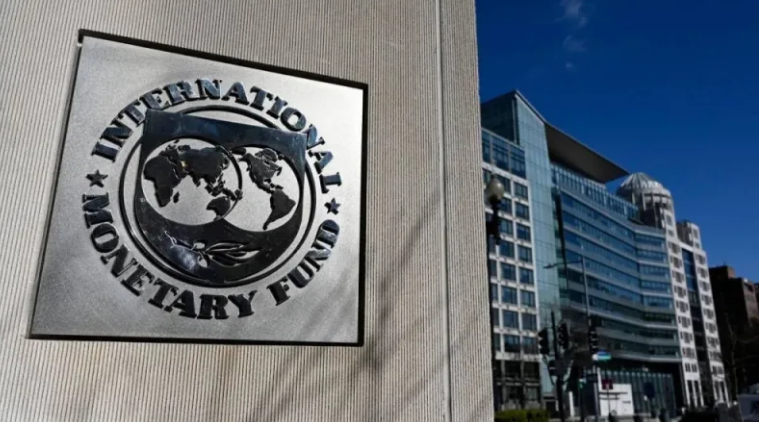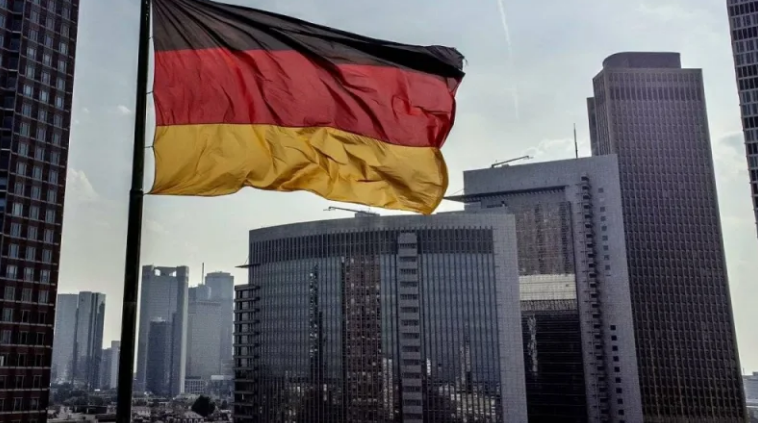The United Nations Educational, Scientific, and Cultural Organization (UNESCO) has officially added Aleppo’s famed soap-making tradition to its list of intangible cultural heritage, the organization announced Tuesday. This recognition comes as Syria’s northern city faces renewed turmoil following its recent capture by rebel forces.
For over 3,000 years, artisans in Aleppo have perfected the craft of making soap from olive and laurel oils. The process involves boiling the oils in large pots, cooling the mixture, cutting it into blocks, and stamping each piece by hand. This centuries-old technique continues to thrive, albeit under challenging circumstances.
A Heritage at Risk
Aleppo’s soap-making joins Al Qudoud Al Halabiya, the city’s traditional music, on UNESCO’s prestigious intangible cultural heritage list. Aleppo itself, a UNESCO World Heritage site since 1986, was added to the endangered list in 2013 due to the devastating impacts of Syria’s ongoing civil war.
UNESCO lauded the soap-making craft for its reliance on natural, locally sourced ingredients and its meticulous drying process, which can take up to nine months. The organization highlighted the artisanal knowledge and skills passed down through generations, underscoring the cultural and communal value of the practice.
However, the tradition faces mounting challenges. Of the 100 soap factories that once thrived in Aleppo, only about 10 remain operational. Many producers have relocated to Damascus or even neighboring Turkey to escape the destruction wrought by years of conflict.
A Symbol of Resilience
Despite these adversities, Aleppo soap remains an essential part of the city’s identity and a vital economic lifeline for those who continue the craft. UNESCO emphasized the cultural significance of the trade, noting that its “collaborative production process promotes community and family unity.”
The recognition by UNESCO comes as Aleppo struggles to recover from more than a decade of war. Prior to the recent rebel offensive, the city had been slowly rebuilding, with some displaced families and businesses returning.
A Global Spotlight on Aleppo’s Legacy
The addition of Aleppo soap to UNESCO’s list brings international attention to a heritage deeply intertwined with the city’s history. While the craft symbolizes resilience and cultural pride, its survival depends on peace and stability in the region.
UNESCO’s designation not only honors Aleppo’s artisans but also serves as a reminder of the fragility of cultural traditions amid conflict. As the city faces new challenges, preserving its heritage remains a beacon of hope for its people and a testament to their enduring spirit.



